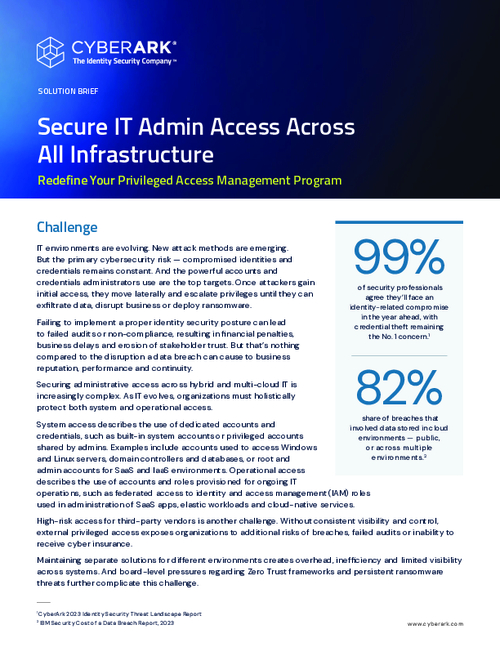Banks Turning Back TARP Funds
Banks are returning Troubled Asset Relief Program (TARP) funds to the government weeks after Congress removed a key stopping point that prevented banks from paying back the bailout money.Three banks so far have said they intend to turn back the money. IberiaBank Corp. a Louisiana-based banking corporation said last month it will return the $90.6 million it was loaned; TCF Financial, a Minneapolis, MN bank said it will return $361.2 million. Earlier this week, Signature Bank, New York, NY announced it had filed notice with the Treasury to pay back its $120 million in TARP money. These don't reflect the banks that were initially approved for the funds, but decided they didn't need it. Several larger banks have said they plan to pay back the loans faster than expected because of the stipulations being placed on institutions accepting the funds, including heavier scrutiny of executive compensation levels.
Larger banks including PNC, US Bancorp, JP MorganChase and Goldman Sachs have said they hope to return the funds as quickly as possible. A repayment from the four would return $49 billion to the Treasury Department. Regional banks have also expressed their plans to repay the government loans quickly.
Mortgage Applications Jump Up
U.S. mortgage applications jumped up 11 percent for the first time in three weeks, as near record-low interest rates have pushed the demand for home refinancing and purchase loans, says the Mortgage Bankers Association.
The increase in applications comes a few weeks after the government announced the biggest program to aid homeowners since the housing market meltdown began. The MBA's seasonally adjusted index of mortgage applications that includes both purchase and refinance loans for the week ending March 6 increased 11 percent to 723.
President Barack Obama's unveiling of the Homeowner Affordability and Stability Plan last month is designed to support to the housing market. The plan's goals are to support refinancing for good quality borrowers; help distressed borrowers avoid foreclosure; and stimulate new housing demand through the expansion of Fannie Mae and Freddie Mac, the top two U.S. home funding companies.
Borrowing costs on 30-year fixed-rate mortgages, excluding fees, averaged 4.96 percent, down 0.18 percentage point from the previous week and the second lowest rate since the weekly MBA survey began in 1990.
Four States Now Record 10 Percent Unemployment Rate
Michigan, South Carolina, Rhode Island and California lead U.S. jobless rates with 10 percent unemployment, says the Labor department. In January 49 states and the District of Columbia posted higher rates than the previous year.
Employment excluding non-farm payroll fell in 42 states, increased in 7 states and the District of Columbia. It was unchanged in Vermont. The only state where unemployment declined was Louisiana, where it fell to 5.1 percent, 0.4 percentage points lowers than the previous month.
The state-by-state unemployment report for January comes after the Labor Department report last week that showed employers cut 651,000 jobs in the U.S. in February. The nation's unemployment rate in February stood at 8.1 percent, its highest level in 25 years.
The report shows jobless rates in several states jumped in January, with Michigan rising 1.4 percentage points to 11.6 percent. Michigan lost 69,000 jobs. The manufacturing sector shed 53,000 of the jobs lost. Total employment in the state has fallen for 20 months in a row.
Second highest state was South Carolina, its jobless rate rose 1.6 percentage points to 10.4 percent. Rhode Island's unemployment rate climbed 0.9 percentage point to 10.3 percent. Fourth highest on the list was California, the country's most populous state, where unemployment rose 1.4 percentage points to 10.1 percent.
States with the lowest rates included Wyoming at 3.7 percent; North Dakota was second lowest at 4.2 percent.






















